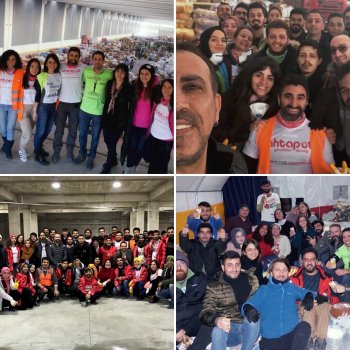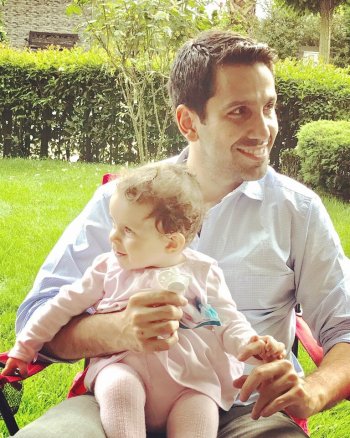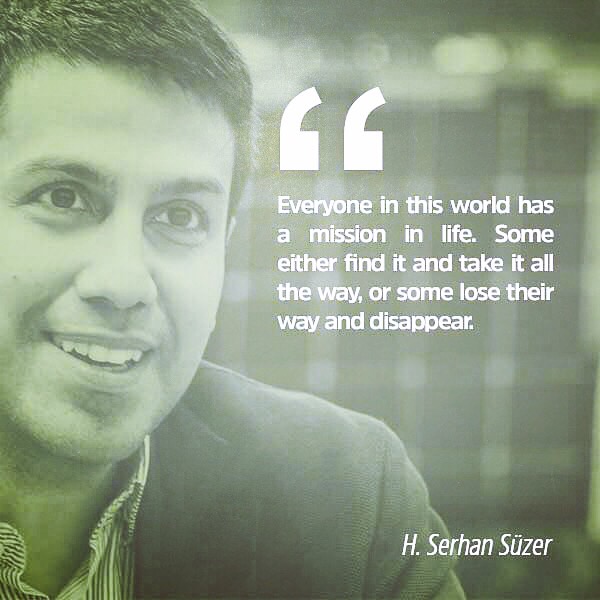Few know the true meaning of the word “loyalty”
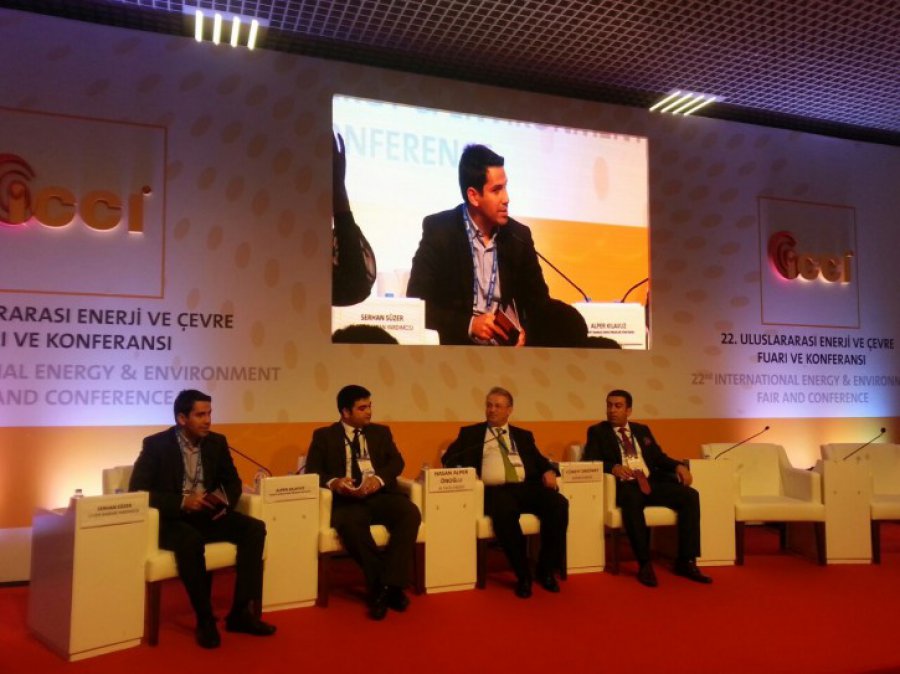
In Turkish, there is a sarcastic expression used in reference to the disloyal: “For most people, Vefa is just the name of a neighborhood.” This expression plays on the word “vefa,” which means “loyal” and “true,” but also happens to be the name of an Istanbul neighborhood. The targets of this expression care about nobody but themselves and are selfish. There are many people, of course, who lead lives of constancy and loyalty. They find ways to show their appreciation to those who have valued them, helped them to feel better and provided them with some form of support.
The people in the latter group show their loyalty all through their lives, including to those whose good deeds are remembered even after they have passed away. Speaking for myself, I bend over backwards to show respect to those who have done me a kindness or helped me in some way, and I strive to repay their kindness at the first opportunity. That is my nature. Up until a few years ago, I assumed everyone else was like me, and acted accordingly. However, I have been disavowed of this notion.
If you ask me what the people of my country, a place that boasts so much, are like, I would rely on my experiences to answer without hesitation that the majority of them think “vefa” is nothing more than the name of a neighborhood. For those who don’t know, let me tell you straight away that according to the Turkish Wikipedia, Vefa is an ancient neighborhood located within the walls ringing Istanbul’s historical peninsula. The neighborhood is found within the district of Fatih, and is famous for its boza, a traditional fermented beverage, and known for the Vefa Sports Club. The historical Vefa High School still continues to educate its students here. Other notable landmarks are the Süleymaniye Mosque and Vefa Church.
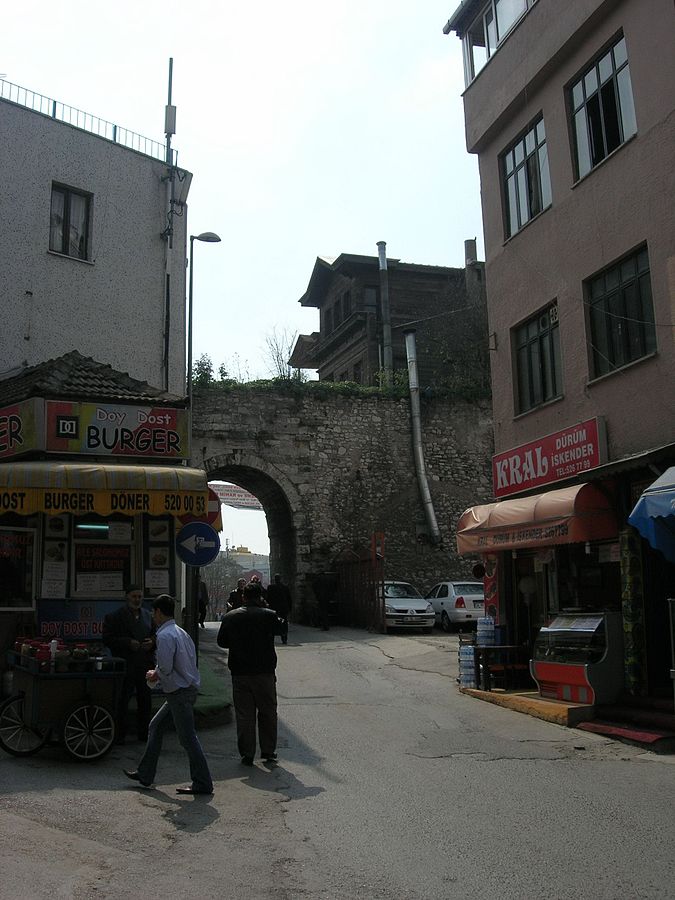
A photo of the Istanbul neighborhood, Vefa
The “vefa” we now equate with disloyalty is the same everywhere, whether in the city or out in the countryside. In this world of ours it seems nobody cares about anyone else and that the values that make us humane are degenerating. I feel perfectly justified in saying that loyalty, one of our most important values, is on the verge of disappearing as people grow more selfish.
Although I am considered to be quite young, I have, in many ways, acquired the experience of people in my father’s generation. I have seen a lot, heard a lot, spoken out and shared my thoughts. It is no longer very easy to surprise or disconcert me.
I have witnessed the disloyalty of those closest to me and loyalty of those who are comparatively distant to me. Allow me to share some examples of what I mean.
To members of my family with real problems I have both acted as a mentor and offered financial support in order to contribute directly to their advancement and development. While I have been largely successful in these efforts, at times I have failed. When I look back at my experiences with those of my relatives I have been unable to help, I see that most of them failed to listen to me (forgive me, but I will display no false modesty here).
Whenever I get involved in helping a family member the first thing I say is, “On the condition that you do what I say, that you listen to and follow my instructions no matter how difficult you find it.” Everyone who listened to me enjoyed some success in life. At times it was not easy for me. There were those who cried and complained and said they couldn’t do what I asked. However, rebellious girls who at one time could not drag themselves out bed before noon and refused to go to school ended up with great careers like international hotel administrator or interior designer. That fact that most of them have become sought after managers in their fields of expertise and found happiness has, in turn, made me happy. I am proud of them.
About five years ago I was chatting with a close relative who knew my reputation for reaching out a helping hand. I was asked for help, and was pleased to be able to say that I would be able to help. We discussed the conditions under which I would be of help and I then posed my first classic question: “What excites you; what is it that you really want to do in life?”
Unlike my other relatives, this person had a ready answer. That made things relatively easy, and we prepared a detailed plan during a single meeting. This person revealed a love for design and in typically ambitious fashion expressed an interest in studying at the best college in that field: Parsons School of Design. We completed the application process. Our first choice was Parsons.
Back in the day, I very much wanted to study McGill University in Canada. I have a nice story about that, and will share it one day. I know how important it is for people to study at the school they truly desire.
Anyway, my beloved close relative was accepted at Parsons. Determined to help her in any way I could, I paid no paid to the family elders criticism that I shouldn’t have enrolled her at such an expensive place. I didn’t listen to them because I know what it means to study at a reputable and desired school, and how the choice of college can affect the rest of a person’s life. In order to ensure that she had no worries I regularly provided financial support for the first 1-2 years of her education (she probably knows nothing about this, as I generally discussed financial matters with her mother). When they saw that she was a good and successful student the family elders gradually began extending her more support.
And then what happened? Last week she graduated. The entire family was thrilled for her, of course. Up to this point, everything was normal and I was pleased by her achievement.
However, I received neither an invitation to her graduation ceremony or a simple thank you. I’m grateful to her mother for texting me a message thanking me on her behalf. I responded that I was pleased for her daughter but wondered why she hadn’t messaged me herself or, better still, called me. I also said that our young people seem unaware of values like loyalty and gratitude.
While criticizing my country I can say this with confidence: most mothers and fathers in Turkey do not know how to give their children a proper upbringing. The socio-economic status and educational levels of parents can also affect the way they raise their children. Still, it is an indisputable fact that our country has a problem with the way families educate and train their children. Compare Turkish children to German children and you will see a clear difference.
I leave this subject to the experts, but below I list common mistakes and the reasons for them in light of my own observations and the information I have accessed. This list could be much longer but I have endeavored to keep it short:
-
Saying, “I don’t want my child to suffer what I have” while granting that child’s every wish results in children who grow up to be grasping and dissatisfied. Children raised this way lose themselves in life.
-
Some parents go too far in boosting their sons’ and daughters’ confidence. Even a sense of confidence and self-esteem can become too much of a good thing. Some inflate their children’s egos by saying things like, “You’re a lion, a tiger, never bow to anyone, you’re the best, your ancestors were like this and that…” When these children face real life, they end up frustrated and disappointed.
-
Children need to be raised in an environment of trust. Being in a family that constantly experiences turmoil and trouble can have a profoundly negative impact on a child’s psychology. I’ve observed that most families in Turkey have serious troubles. Violence against women and children are two extreme examples that can both be devastating to a child.
Let me provide one more example.
I had just completed a talk at conference two or so years ago when one of the ushers came up to me. This young woman, who was still studying at university, said, “Serhan Bey, I want very much to work with you. Are there any internships available? I’m currently studying Environmental Engineering at Istanbul Technical University.” I was impressed by her confidence and sense of initiative. I gave her my business card and asked her to send her CV to my e-mail address. I later enrolled her in an internship. About a year after she started with us she suddenly disappeared. When Human Resources contacted her she responded in a two-line e-mail that she had begun working at one of Turkey’s biggest energy companies (in terms of installed capacity). We never heard from her again.
A few months ago I was speaking at another conference when she came up to me and the following conversation took place:
- Serhan Bey, do you remember me? I was one of your interns.
- Yes. Aren’t you the one who left without giving notice and without a word of thanks?
- Forgive me. I was young. I got a little carried away and made a mistake. It’s due to you that I found a job.
- Realizing your mistake is a positive development. I hope you’re happy where you are now.
- Yes, because of you I’m happy. Let me thank you again.
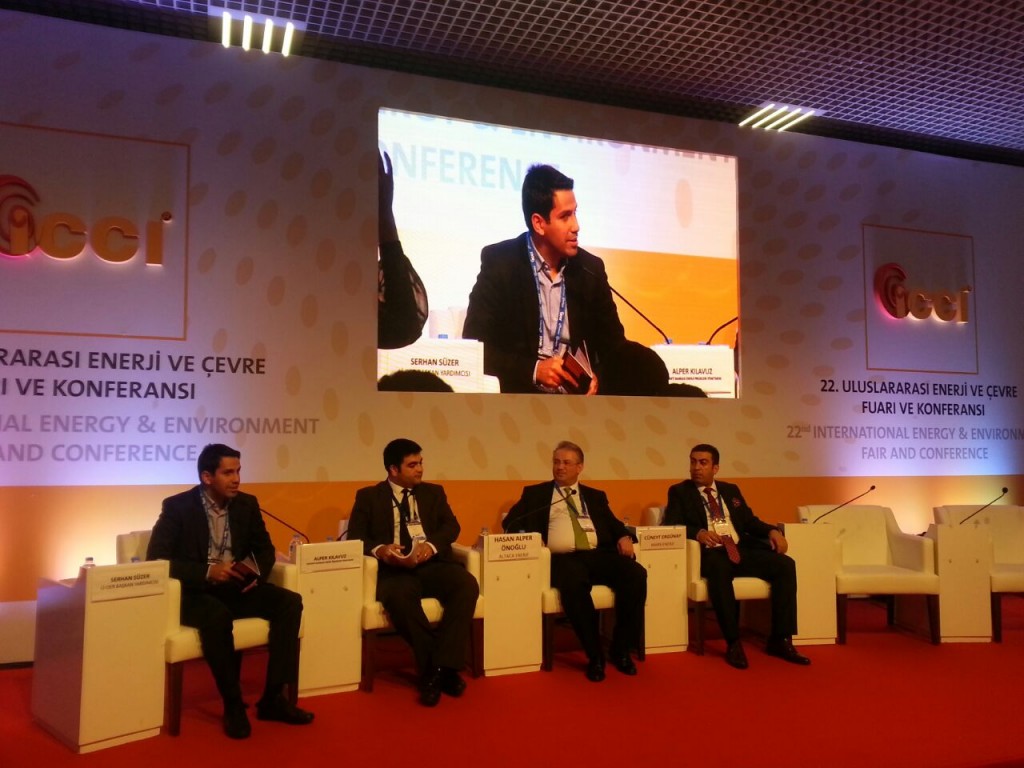
This a photo of the ICCI conference where the conversation with my former intern took place.
She then gave me her business card and I wished her every success. At least this intern realized her mistake and offered a sincere apology. That was enough for me and I hope she enjoys every success and happiness in life.
As I’ve written earlier, I think we need to take the training of parents very serious in our country, and throughout the world, in fact. Just as one is required to take a driving test for a license, parents should receive some intensive education and training before having children. Some of form of certification or licensing should be required. After all, the children brought up by their parents are the future of the country. Currently, there are some organizations such as AÇEV that offer parental education, but more is needed. I am talking about every future mother and father living in Turkey attending classes on parenting. We need to do whatever it takes to make this happen.
I could give more examples of the disloyalty and betrayals I’ve faced. Shall I mention the odd behavior of some of our interns (and let me make a point of saying here that some of them have been wonderful, bright young people), or shall I bring up the disloyalty of villagers who earned some serious money through rural development projects? Shall I pick the example of those who foul the place where they eat, or close relatives who take advantage? Shall I talk about a young employee who steals the project you worked so hard on and presents it as his own, or a manager who was caught stealing? We’ve experienced all of this and it takes its toll, of course.
Again, don’t expect a show of false modesty on this subject. The people guilty of this treachery have lost nothing greater than “me.” I know who my close friends, colleagues and relatives are. I will cherish them all for the rest of my life. Nothing else really matters. I will continue along the path I know and continue to try to help others. Me and the people I support will continue to rise and to create value.
In many ways, I’m still at the beginning of my path. I know I will be surrounded by truly loyal people as they come to understand what I can do and my potential. Even if I become extremely successful (and I will), I will always be cautious when it comes to people. However, no matter what, I will continue to offer a helping hand without expecting anything in return.
Tag: eğitim

